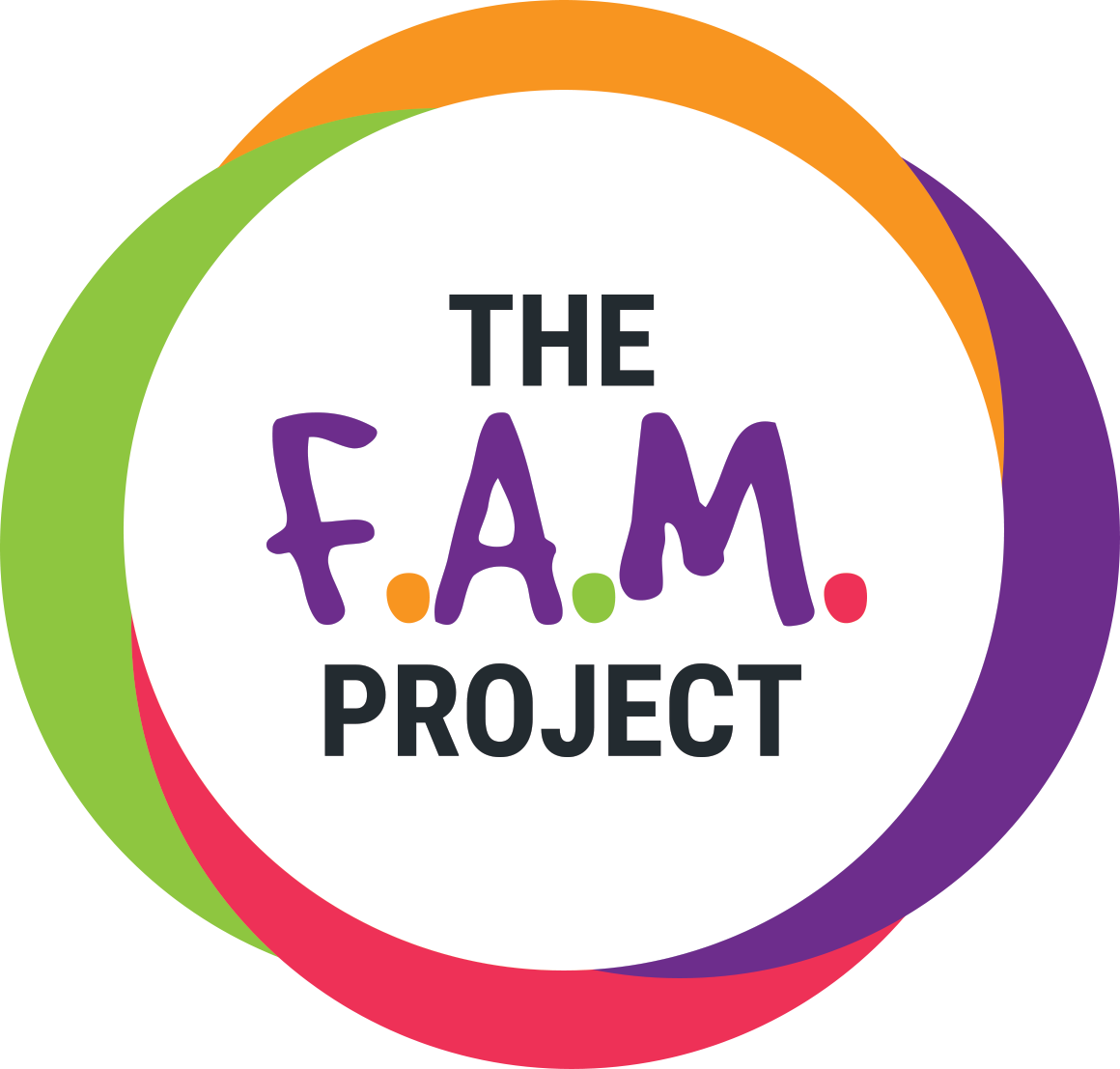The healthy (or not so healthy) habits that we carry throughout our lives often begin when we are young and at home. When our children are young, they are sponges, absorbing the ways in which we interact with each other and our environment whilst trying to make sense of it themselves. At home, parents have a great opportunity to set their children up for success. Below, we’ve outlined healthy family habits that you can start today (and without spending any money!).
#1 – Watch (Age-Appropriate) News as a Family
Navigating how to watch and discuss the news as a family can be tricky. Of course, there are stories that are unsuitable for young children, and all parents will be mindful of this. However, watching the news and discussing it as a family can be highly educational and can facilitate family conversations that you may stray away from otherwise. Watching non-violent and age-appropriate news together will help your child begin to learn to process complex information as well as learn how to ask questions. It is also a good time to be able to talk to your child about their anxieties and paint a more comprehensive picture of how they are beginning to make sense of the world.
#2 – Eat and Prepare Meals Together
There are tons of studied benefits of families preparing their meals and eating together as much as possible. Preparing meals together and delegating tasks to your children gives them a sense of ownership over their meal and teaches them important life skills about planning and collaboration. Preparing meals with healthy ingredients is also likely to result in a better diet as they transition into adulthood and have complete ownership over their own nutrition.
Eating together is a great time to connect with each other and keep communication lines open. This is also a time to model good table manners and healthy conversation, two more skills that will be helpful as they become young adults. According to Healthlink, eating together also leads to: lower risk of disordered eating, less use of drugs and alcohol, and better self-esteem.
#3 – Focus on Physical Activity
Exercising as a family will have lifelong benefits. As a parent, you can find countless ways to make exercise fun; walking the dog, doing Zumba in the living room, or going for a family hike. Modeling positive exercise behavior to your children will teach them that staying active is just part of life. This will lead to better health, improved sleep, and reduced stress. Furthermore, studies show that families who exercise with each other feel more attached and have improved social development and emotional management skills.
#4 – Limit Screen Time
Cell phone addiction is on the rise and has negative implications on one’s brain health, development, and overall relationships. By actively limiting screen time for both yourself and your children, you are lowering the chance of mobile dependence as well as freeing up time to engage as a family offline. Some children will not take well to harsh screen time guidelines, but you as the parent are able to distract them and keep them engaged in offline activities so that they won’t even notice that their device is off.
#5 – Make Your Beds
Asking each family member to make their bed in the morning may seem like a simple or minute ask. However, there are proven psychological benefits to making your bed, including better productivity, lower stress hormones, and that it gives you a small feeling of accomplishment in the morning that is proven to take you into the rest of your day.
#6 – Discuss Money
Discussing finances with your children doesn’t mean that you should lay it on the table. While maintaining an aspect of privacy, parents should still be talking to their children about money management and budgeting. You can help your children learn to set limits on their own spending and resist unnecessary purchases, if, for example, you give them ten dollars a week to spend as they please. It’s great to start this early while the stakes are low. You can also include your children in small financial decisions, for example at the grocery store. You can teach them how to read the prices, see what’s on sale, and choose what the best option is. Healthy money habits that begin early are sure to set your child up for success.
#7 – Read Together
This is an example where you can lead by example. Show your child that even as an adult, you are still learning and are still curious. We can teach our kids that paper books are not a lost art, and reading is essential for children. It exercises their brain, helps them develop their language skills, develops emotional intelligence, and offers a break from screen time. Better yet, your family can read a book together and discuss, teaching group literacy and discussion skills.
#8 – Teach Positivity
The way that you talk to your child is so important. Children are acutely aware of how we talk about ourselves and them. When you use tone and words that are more positive, children are more likely to listen and are more likely to use positive language with their friends and peers. It’s also important to actively use positive language about yourself and avoid self-degradation, even when it’s in a joking manner.
#9 – Learn Along With Your Kids
Showing your child that you are still curious about the work and are still actively learning is so important. This shows your kids that everything can be a learning opportunity, and learning does not just take place while they are in school. Asking your child to teach you something that they learned that day not only helps you connect with them, but will likely develop their personal understanding of the lesson even further.
Developing new healthy family habits does not have to mean a lifestyle change. These are just a few tweaks that you can make as a parent to create the best home environment for your child that you can. Lifestyle habits begin at a young age, and as parents, we have an important role in making sure that these habits are the best that they can be.




